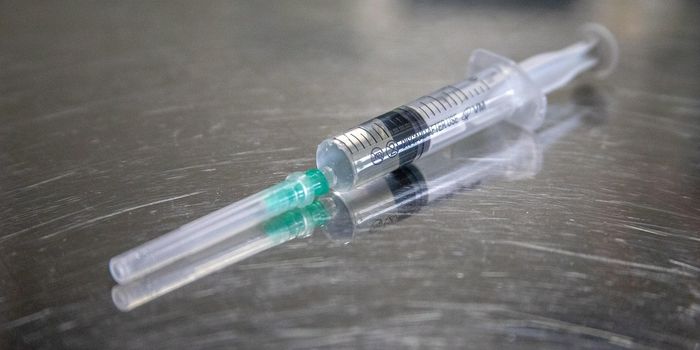Scientists develop a single delivery immunotherapy threatment
Research published recently in Cell Stem Cell details the results from a new anticancer immunotherapy that uses invariant natural killer T (iNKT) cells. The findings highlight the potential of iNKT cells to fight against many different types of cancer cells by suppressing tumor growth.
Led by researchers at UCLA, the research focused on iNKT cells because of their immune system capabilities. As Senior author Lili Yang, Ph.D. explains, "They are very powerful cells, but they're naturally present in such small numbers in the human blood that they usually can't make a therapeutic difference." The researchers wanted to find out if increasing the natural level of iNKT cells in the body would help fight cancer cells.
In conducting the research, the team used different mouse models to test out a therapy that stimulates the production of iNKT cells by way of hematopoietic stem cells from bone marrow. The resulting cells they named "hematopoietic stem cell-engineered invariant natural killer T cells" (or, HSC-iNKT). The most imperative part of this breakthrough is that the HSC-iNKT cells continued to be produced throughout the mouse models’ lives, meaning that the therapy could be a single-delivery cell therapy capable of giving patients a lifelong supply of iNKT cells!
"What's really exciting is that we can give this treatment just once, and it increases the number of iNKT cells to levels that can fight cancer for the lifetime of the animal," comments Dr. Yang.
Not only was the process of producing iNKT cells from HSC-iNKT cells successful, but the animal models also showed significant suppression of both multiple myeloma and melanoma tumor growth, the two types of cancer that the researchers were testing.
Although this treatment was only tested on animal models and has yet to reach human clinical trials, the researchers hope that their findings could be a ray of light for cancer patients in the future.
Sources: Cell Stem Cell, Medical News Today









